Countries of Central and Eastern Europe, which joined the European Union between 2004 and 2013, have seen rising standards of living and are ranked amongst some of the most socially advanced countries worldwide, according to the Social Progress Index (SPI).
“Bulgaria, Croatia, the Czech Republic, Estonia, Hungary, Latvia, Lithuania, Poland, Romania, Slovakia and Slovenia demonstrate a consistent performance in terms of social progress – all the countries have social progress levels in line with their GDP and they fall into either the ‘high’ or ‘upper middle’ categorisation of social progress,” Rafał Rudzki of Deloitte Sustainability Consulting Services Central Europe tells Emerging Europe.
Regional strengths and weaknesses
“The index indicates that EU membership and Eastern European countries’ evolution into market economies had boosted their social progress. Slovenia is the best performing among the group, especially on ‘opportunity’ where other former Soviet countries lag. It boasts higher ‘freedom’ over ‘life choices’ and higher ‘tolerance for immigrants’ than its neighbouring countries. The country achieved a social progress score almost as high as the United States (at 84.3 out of 100) even though its economic output is just over half that of the United States,” says Michael Green, Executive Director of the Social Progress Imperative, which published the ranking in a partnership with Deloitte, Skoll Foundation and Avina.
As far as ‘basic human needs’ are concerned, the Czech Republic was ranked third globally, together with Japan and right behind Denmark and Switzerland.
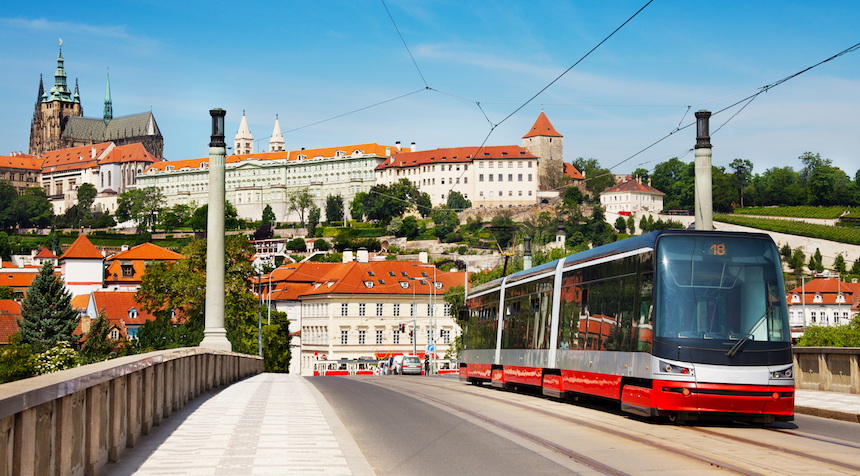
“Central European countries perform significantly better than their GDP peers in providing ‘access to information and communications’ to their citizens. Four out of these eleven countries register it as a significant strength on their scorecards with none registering is as a weakness. However, the countries do not perform as well as their economic neighbours in the provision of ‘health and wellness’. Five out of eleven register it as a significant weakness with none registering is as a strength. This is due to underperformance in air quality, levels of obesity, the suicide rate and the number of premature deaths from non-communicable diseases,” says Deloitte’s Rafał Rudzki.
Bulgaria and Romania, ranking lowest in the Social Progress Index amongst EU member states, along with Serbia, Albania, Macedonia, Montenegro and Georgia represent upper middle social progress while Moldova, Bosnia and Herzegovina, Ukraine, Belarus, Armenia and Azerbaijan — lower middle social progress.
In 2014, the GDP per capita in the eleven countries of Central and Eastern Europe, which are part of the European Union, ranged from $15,930 in Bulgaria to $27,924 in Slovenia.
“We live in a world where GDP is the benchmark of success in a global economy. Our politicians boast when the GDP goes up. Trillions of dollars of capital move around the world based on which countries are going up and which countries are going down, all measured in GDP. Our societies have become engines to create more GDP,” Mr Green argues.**
Incomplete picture
Alexander Plekhanov, Associate Director and Deputy Director for Research, in the Office of the Chief Economist, at the European Bank of Reconstruction and Development (EBRD) explains that while GDP captures volumes of production and consumption per capita it does not capture other aspects that may be important to one’s quality of life – such as the quality of the environment and leisure time.
“GDP captures the value of goods and services, at a cost. If a service is free, for example Google searches or Google maps, this is not reflected in the GDP, although, arguably, it has a high value to society and individuals and boosts productivity. On the other hand, a bridge to nowhere with limited or no value is recorded as cost and may have a high contribution to GDP. Perhaps, most importantly, headline numbers for GDP growth or GDP per capita growth do not necessarily reflect the experiences of representative individuals, since GDP does not take into account the distribution of income. For instance, early analysis, in the EBRD Transition Report 2016-17 which comes out in November 2016, suggests that in many countries in emerging Europe the headline growth numbers corresponded to the experience of someone in the second decile of income distribution,” Mr Plekhanov tells Emerging Europe.
Dr. Arup Banerji, Regional Director for the European Union countries for the World Bank Group, says there should not be any inherent trade-off between economic well-being, or GDP growth, and social well-being, as long as everyone has the opportunity to avail themselves of opportunities to improve their welfare, as they see it, to the highest extent possible.
“The question is: does every section of the population have the opportunity to avail themselves of this? Are they limited, instead, by the level of their education, by their access to credit or their location? This is the core question for our societies and policy-makers to address,” Dr. Banerji says in an interview with Emerging Europe.
High on the agenda
The Social Progress Index has three main categories: ‘basic human needs,’ ‘foundations of well-being’ and ‘opportunity’ and twelve subcategories, such as access to information, communications and basic knowledge, personal rights, tolerance, advanced education etc., and comprises 53 indicators. The Index shows how specific countries address issues, which are becoming increasingly important for governments in Central and Eastern Europe.
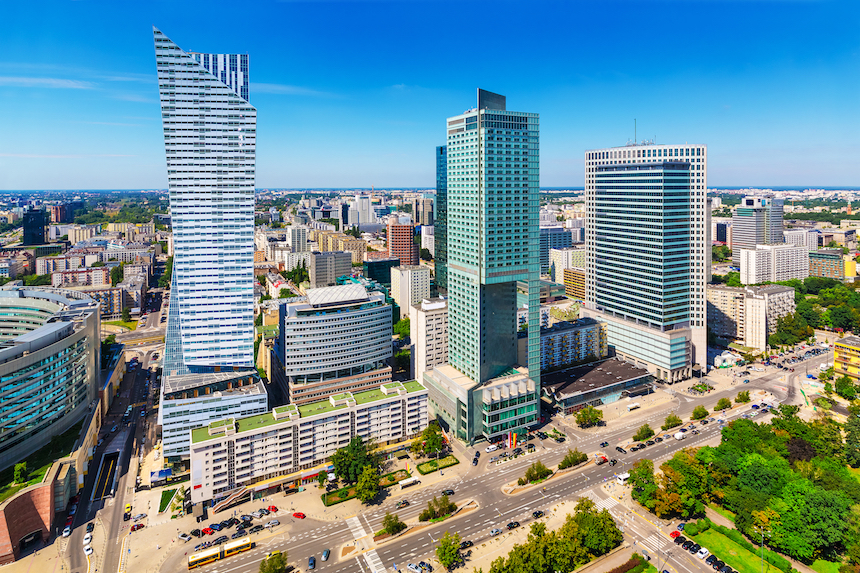
“Obviously, the GDP is not necessarily the best way to measure the quality of life or the general welfare of a society. To be precise, it gives us a trend that enables us to guide our efforts better. The policies we are developing must: target severe income inequalities, increase labour participation and improve the quality of infrastructure like roads, education, and healthcare. In Romania’s case, the structural deficiencies — especially those in the labour market as there are still 2.5 million people who are employed in agriculture — are critical,” says Costin Borc, Romanian Vice-Prime Minister and Minister of Economy, Trade and Business Environment.
“We must rethink our active labour market policies and training programs, in order to help Romanian workers be even more competitive. Last but not least, Romanian manufacturing has tremendous potential. That potential can only be fully realised if local companies can manage to integrate into the global supply chain of the foreign companies that are operating in the country,” Mr Borc tells Emerging Europe.
Sustainable social and regional development is one of the pillars of the Morawiecki Plan, which was named after its author, Deputy Prime Minister and Minister of Economic Development of Poland, Mateusz Morawiecki, and which ranked 30th amongst 133 countries globally.
“The social component is of crucial importance if the Plan is to be implemented successfully. The nation’s well-being is not confined to statistical and economic indicators alone and, as the government, we have to make sure that these numbers translate into tangible improvement in the quality of life for Polish people. Therefore, to provide the foundations for sustainable and long-term development, its benefits must be spread across the population more inclusively. This means, for example, better education, higher wages and job quality, improved social cohesion and a better access to infrastructure. Only by broadening the middle-class, in this way, will we be able to build not only a modern country, but a modern nation as well,” Mr Morawiecki tells Emerging Europe.
Zdravko Počivalšek, Slovenian Minister of Economy and Technology says that amid general improvement in the international environment and higher export competitiveness, the reforms and measures for stabilising the macroeconomic situation have contributed to an improvement in the economic situation, which has also improved the material position of individual households in recent years.
“The stabilisation of the macroeconomic situation has led our economy to a relatively high position, with greater opportunities to manage increased export to the global markets, in recent years. The Slovene economy’s export competitiveness is the leading point of our overall economic growth. Consequently, as one thing leads to another, individual consumption has also risen. Regardless of this extremely positive recent progress, Slovenia still needs far-reaching structural changes.
All the above mentioned positive results, and especially the economic growth and raised productivity, allow us to begin all the necessary reforms. Our highest priorities are: tax reform, environmental reform, elimination of administrative obstacles and the management of a more flexible labour market. All of those reforms would ensure our country a stable (sustainable) economic growth and long term competitiveness, in the coming years,” says Minister Počivalšek.
Joint efforts
“Business also has a critical role to play. With increased stakeholder, regulator and consumer pressure, more companies are seeking to integrate social impact into their core business. Providing quality employment or services, typically provided by the state, may enable business to generate synergies that have valuable impacts on the social development of a country,” says Deloitte partner, Irena Pichola.
“We are firmly committed to following our “Brewing a Better World” sustainable development strategy to focus on measuring our direct, indirect and induced impact on the economy, society and the environment. The Social Progress Index sheds some light on matters that are important for the inclusive growth of Polish society and economy. We are also curious about the EU Regional Social Progress Index results which are going to be presented later this autumn. This information may give us additional and valuable insights into what’s vital for the regions in which our breweries operate,” says Magdalena Brzezińska, Senior Corporate Relations Manager at Grupa Żywiec, one of the largest beer producers in Poland.
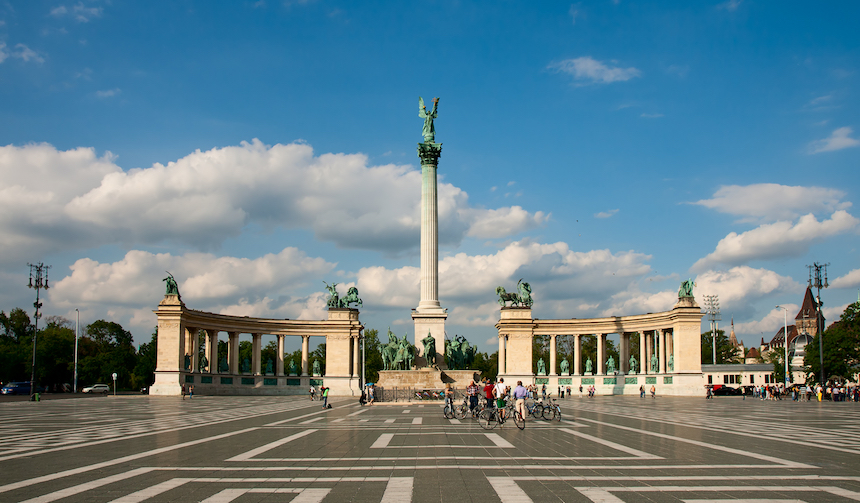
As Mr Green explains, the GDP measurement was invented in the 1930s to address the challenges of economic growth of the 20th century. “In the 21st century we face new challenges: ageing, obesity, climate change etc. To face those challenges we need new tools and measurements; new ways of valuing progress.”**
The statement is also true for Central and Eastern European economies, which have developed economically and socially over the last decades, especially since they joined the European Union. Now they need to define their strategy for achieving even more progress and to ensure that it is in line with the Global Goals launched by the United Nations in September 2015.
*Countries from the Deloitte CE region included in the SPI report: Albania, Bosnia and Herzegovina, Bulgaria, Croatia, Czech Republic, Estonia, Hungary, Latvia, Lithuania, Macedonia, Moldova, Montenegro, Poland, Romania, Serbia, Slovak Republic, Slovenia
**Source: Michael Green: What the Social Progress Index can reveal about your country.


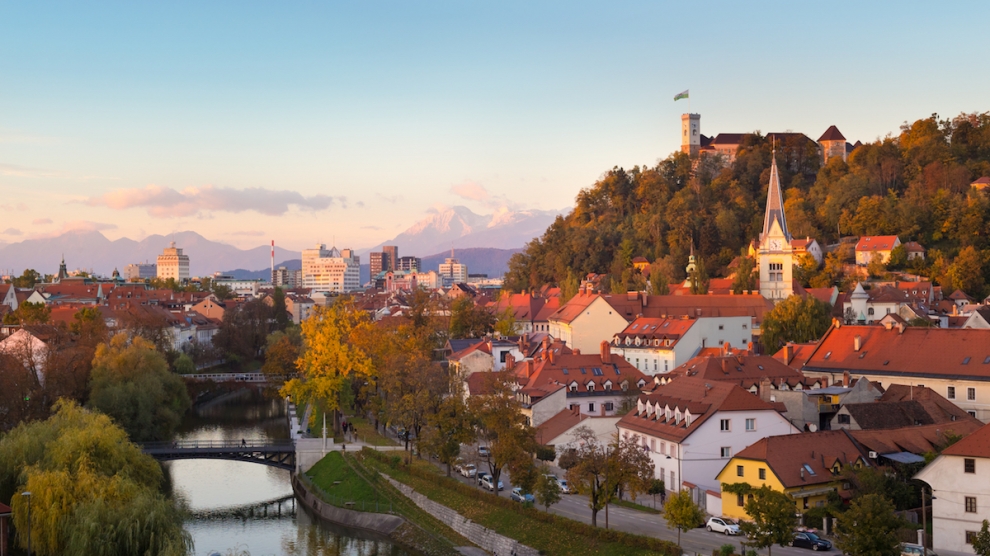

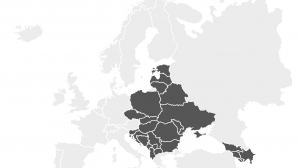

Add Comment